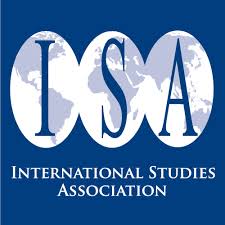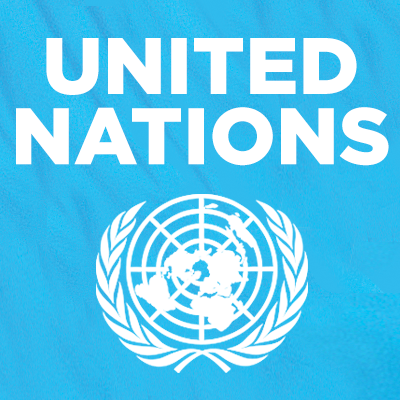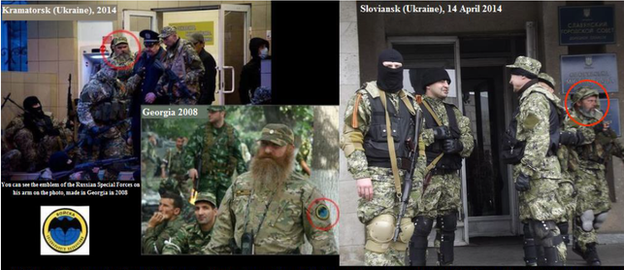
Dr Joanna Szostek has joined the New Political Communication Unit Royal Holloway as a Marie Skłodowska-Curie Fellow. She received her DPhil in Politics from the University of Oxford in 2013. She was previously based at the UCL School of Slavonic and East European Studies, where she completed a two-year postdoctoral fellowship funded by the Andrew W. Mellon Foundation. Her most recent research explores the association between habits of news consumption and geopolitical imaginations among university students in Moscow. Her doctoral research identified factors which shape reporting of Russia in Ukraine and Belarus. Findings have so far been published in Communist and Post-Communist Studies and East European Politics & Societies. At Royal Holloway she is working on a new project, Stratnarra, which aims to explain the reception of strategic geopolitical narratives in Ukraine. Joanna will collect data on media use and perceptions of the West among different groups of Ukrainians in order to shed light on how rival governments manage (or fail) to exert influence via mass communication in contemporary international relations. The project is overseen by Professor Ben O’Loughlin and is funded by a three-year Marie Skłodowska-Curie Individual Fellowship from the European Commission. Joanna has spent around six years living in Moscow and has travelled widely across Eastern Europe, Central Asia and the Caucasus. Amongst other things, she has worked for the BBC as a senior monitoring journalist and interned at the European Commission's Delegation to Russia.






